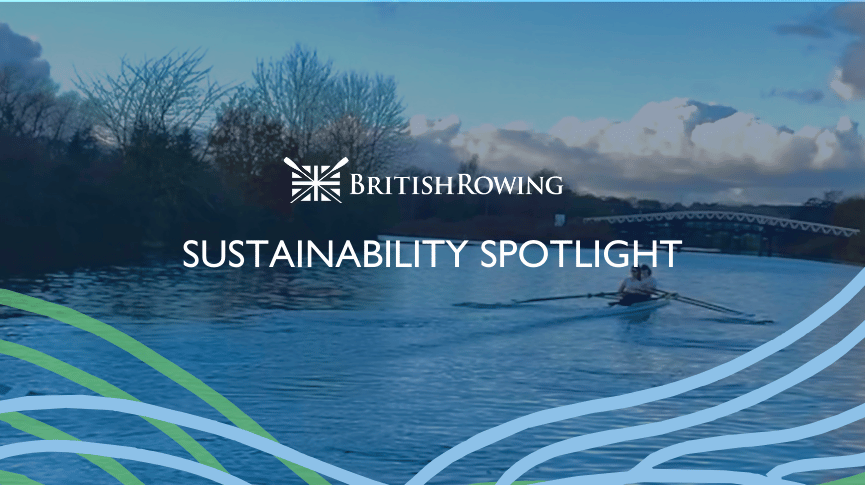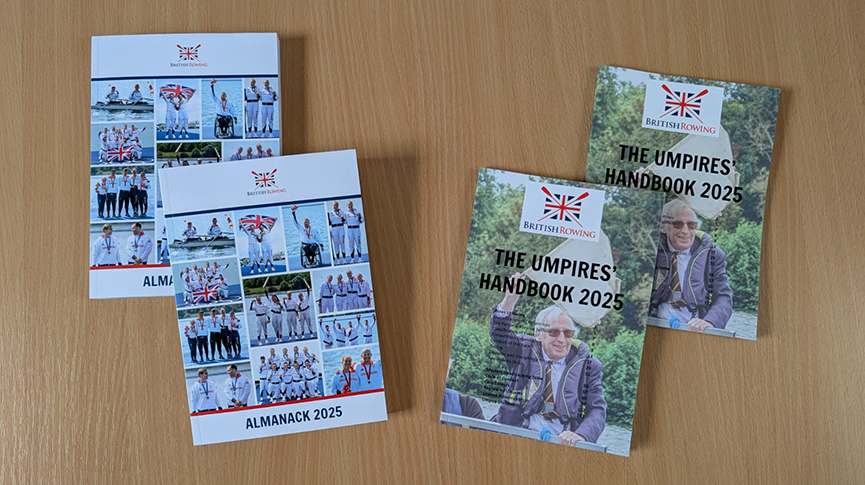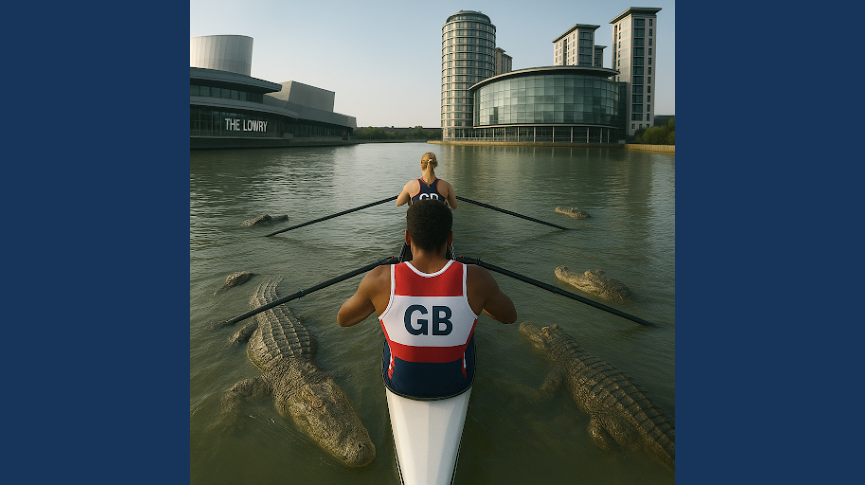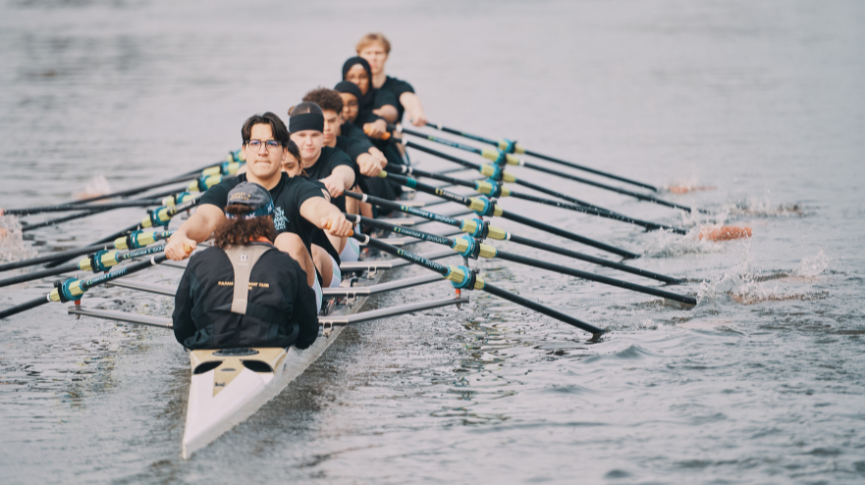All you need to know about World Cup 2 in Linz-Ottensheim
World Cup 2 begins in Linz-Ottensheim on Friday, 21 June, with Great Britain looking to build on the six medals won in Belgrade three weeks ago
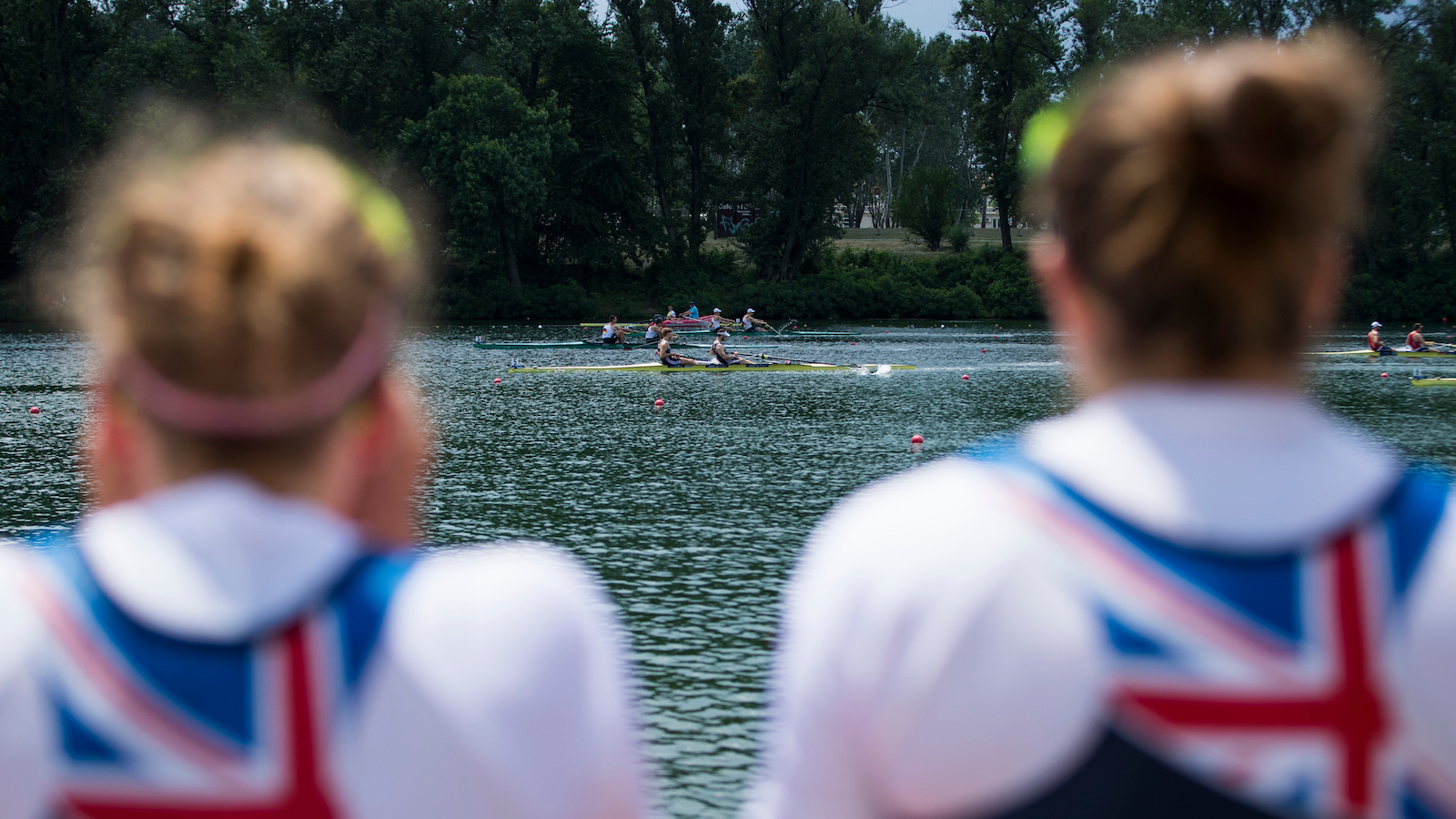
Photo: Naomi Baker
About Linz
Linz is the third largest city in Austria; home to over 200,000 people. It sits on the River Danube, with the regatta course of Linz-Ottensheim constructed on an arm of the river in early 1972.
Bake Off fans will recognise the city’s greatest export – the Linzer torte, which is widely regarded as the oldest cake in the world, with the recipe dating back to 1653.
Linz held the World Rowing Junior Championships in 1998, a World Rowing Cup in 2007, the World Rowing Junior and non-Olympic Senior Championships in 2008, the Nations Cup in 1990 and 2001 as well as the World Rowing U23 Championships in 2013.
It will also host the 2019 World Championships, where Olympic and Paralympic qualification will be on the line.
When will they be racing?
All of the racing is scheduled to take place between Friday and Sunday, with the A and B finals on the last two days of competition.
In a change to the norm, the heats will be raced as time trials – an initiative to ensure competitors, organisers and officials are well versed in the format should side-by-side racing be deemed impossible at major events.
The heats will take place on Friday, with repechages, quarter-finals and semi-finals on the Friday afternoon or Saturday morning.
Finals of the Olympic-class boats will take place on Sunday, with international class and Para-rowing finals on Saturday afternoon.
How can I watch the racing?
The BBC will be broadcasting live coverage of the finals on Sunday on the Red Button on on the BBC website. Live coverage will also be available through the World Rowing website on Sunday morning.
BBC Red Button and online 08.30-12.00
British Rowing will be bringing you coverage of the event on Twitter, Facebook and Instagram, so make sure to follow us across all three channels to catch the best of the action. Use the hashtags #GBRowingTeam and #WRCLinz to join in the action.
Who’s in the Great Britain squad?
Zoe Lee returns for her first race since the final of the women’s eight at Rio 2016, where she won silver. Following rehabilitation from major knee surgery, Lee will be part of the women’s quadruple sculls in Linz alongside World Championship bronze medallists from 2017 Jess Leyden and Mathilda Hodgkins-Byrne, as well as Boat Race winner Melissa Wilson.
The men’s quad will be looking to repeat their result from Belgrade where they rowed to a fantastic gold medal ahead of Germany. The crew remains unchanged from the regatta in Serbia, with Tom Barras, Jonny Walton, Graeme Thomas and John Collins teaming up once more.
Olympic champion Tom Ransley returns to the men’s eight, having raced the pair in Belgrade. Also returning is recent Princeton graduate Tom George – the duo replace Josh Bugajski and James Rudkin, who move to the pair.
It’s all change in the women’s eight, which won silver in Belgrade. The Emilys of Ashford and Ford move in from the pair, while one of the fours from World Cup 1 – Jo Wratten, Caragh McMurtry, Sara Parfett and Rebecca Chin – also moves to the eight. Katherine Douglas and Holly Hill are set to make their first appearances of the season in the new-look lineup.
>>> See the full GB team for World Cup 2
Fiona Gammond, Karen Bennett, Holly Norton and Rebecca Shorten make up the women’s four, having finished fourth in Belgrade.
Silver medallists three weeks ago, Jack Beaumont and Angus Groom will go again in the men’s double, and Emily Craig and Ellie Piggott will want another shot at the podium in the lightweight women’s double having taken bronze in Serbia.
Para-rower Andy Houghton won GB’s first medal of the season in Belgrade and will face a much larger field in the PR1 men’s single this time round. Laurence Whiteley will go in the PR2 single, while Daniel Brown and Ollie Stanhope race in the PR3 men’s pair.
Who else will be there?
Having sat out the first World Cup, powerhouse rowing nations such as Australia, New Zealand, Italy and France will descend en masse to Linz.
Kiwi women’s pair combination of Kerri Gowler and Grace Prendergast will be the ones to beat, having won the World Championships in 2017 and setting a World Best Time at World Cup 2 last year.
The women’s lightweight double combo of Ilse Paulis and Marieke Keijser excelled in the latter stages in Belgrade, taking gold in the final. They’ll be tested by the returning world champions from Romania and silver medallists from New Zealand.
The Kiwis will also be among the main competition for Beaumont and Groom in the double sculls, with world champs John Storey and Christopher Harris returning.
Both Mahe Drysdale (double Olympic champion) and Robbie Manson (World Best Time holder) will race for New Zealand in the men’s single, with stiff competition expected from the likes of Damir Martin (Croatia), Angel Fournier Rodriguez (Cuba) and young German sensation Oliver Zeidler.
And the women’s single looks set to produce another humdinger, with Jeannine Gmelin (Switzerland), Magdalena Lobnig (Austria), Annekatrin Thiele (Germany) and GB’s Vicky Thornley set to face off once again.
How the World Cup series works
Three World Cup events take place each year; 2018 sees the series visit Belgrade, Linz and Lucerne.
Each of the World Cup regattas offers racing for the 14 Olympic boat classes, with a handful of International boat classes also offered. World Cup points are only awarded for the Olympic disciplines, however.
Finishing first in an Olympic class event gives your nation eight points; second nets you six points, third place is five points and down to one point for finishing seventh. Should one nation have two boats in the top seven, only the highest placed boat will be awarded the points.
Points are added up across all three regattas, with the nation holding the most points in each boat class denoted by a yellow bib.
At the end of the series, there are winners of each Olympic boat class, as well as an overall winner – the nation that has won the most points.
Current World Cup standings
1. Netherlands 60pts
2. Great Britain 46pts
3. Germany 43pts
4. Poland 25pts
5. Switzerland 20pts


